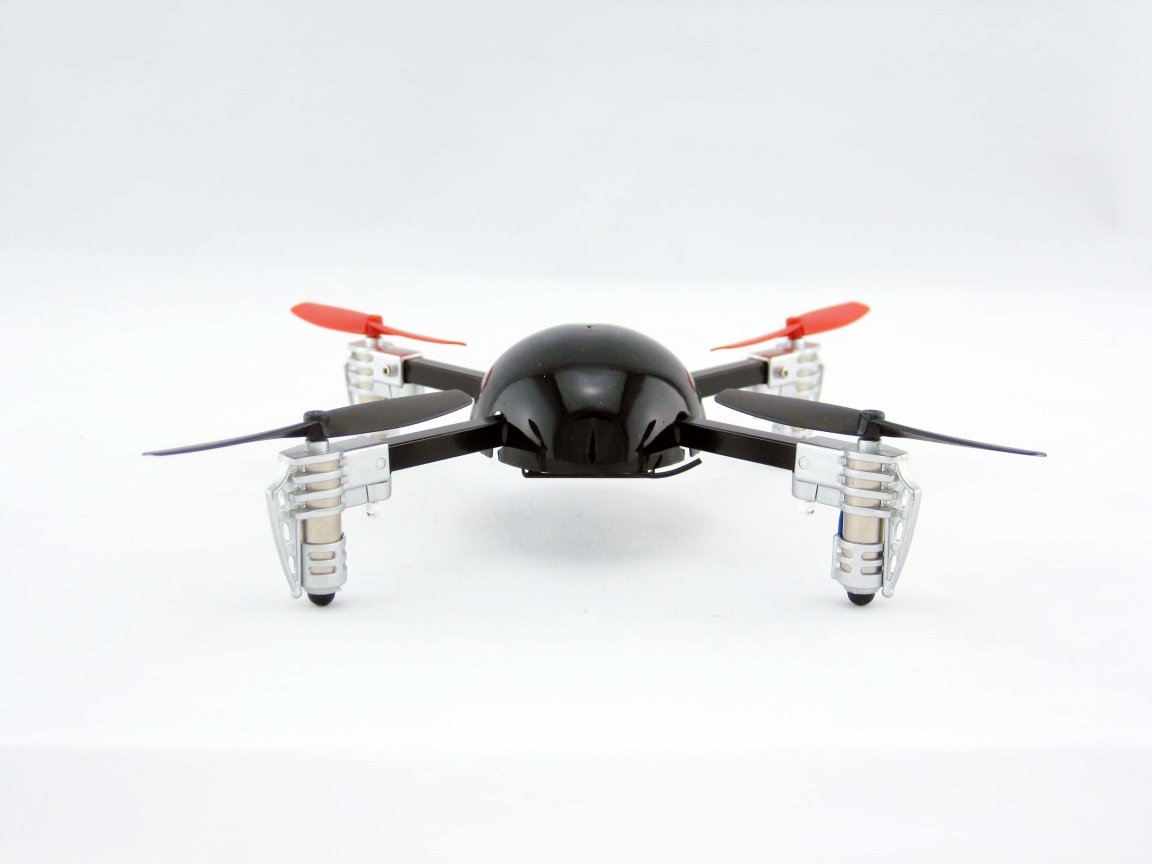
A mini Alexa that flies
Just this week, Amazon received a patent for the smallest drone ever. The miniaturized, unmanned, aerial vehicle (UAV) is designed to assist users in a number of ways — from recovery of lost persons and items, to providing assistance to policemen and firefighters. It’s Amazon’s first venture into a drone product for consumers – not just for delivery.
The drone’s features make it an all-around personal assistant, equipped with voice-control and Alexa (Amazon’s AI-equipped voice assistant). Accordingly, it can respond to voice commands such as “follow me” and “hover,” allowing for varied uses. Amazon also plans to make the drone quite small – small enough to fit in your pocket or to dock on a police officer’s radio.

Using RFID-search capabilities and facial recognition software, the drone can help locate lost persons or even your elusive car keys. In terms of locating people, the patent states:
The UAV can receive a “find Timmy” command, which can include the “search” routine, and possibly an “identify Timmy” subroutine to locate a person identified as “Timmy.” In some examples, Timmy can have an RFID tag sewn into his clothes or a bar code printed on his shirt to facilitate identification.
An unmanned future
Today’s advances in unmanned vehicle technology are unprecedented. We’re definitely up for a future of unmanned everything (or at least many things), from aerial drones to driverless cars, self-driving factory workers, and even submarines and boats.
Amazon has taken a major step in the right direction as the company moves beyond using drones for delivery. While many of the intended uses of this mini drone are still considered illegal in the United States, the FAA is supposedly updating their rules for commercial drone use within the next five years.
The future is bright for unmanned vehicle technology. Rather than fear such technological advancements, we should look to the added value they offer to the way we work and live.